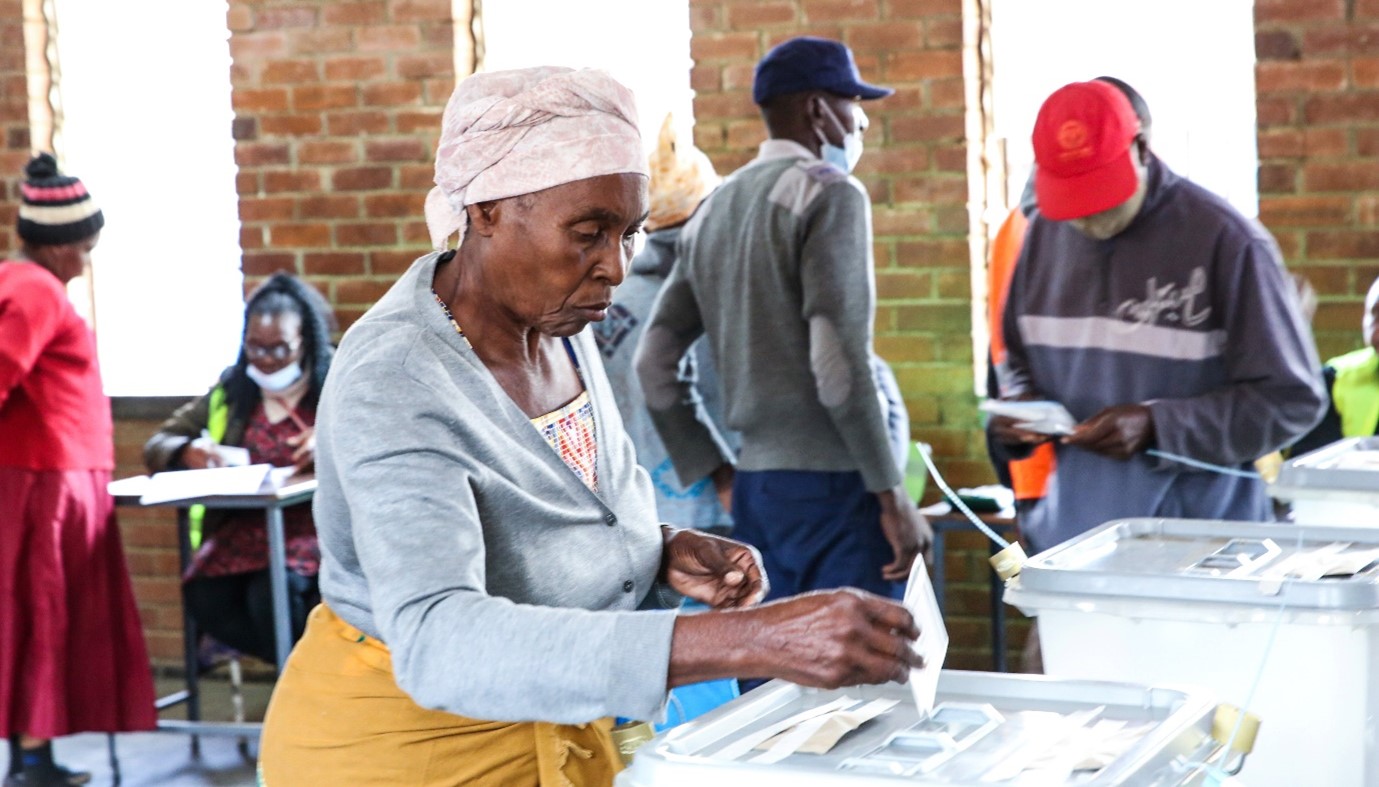Zimbabwe’s Election Challenges and New Carbon Trading Law
August 29, 2023
INSIGHTS & OPINIONS

INSIGHTS & OPINIONS

By Christine Puri
On August 23rd, Zimbabweans united at the polls with hopes of electing a leader capable of addressing the country's pressing issues, particularly the ailing state of the economy. However, the promise of a seamless election was met with several challenges as both voters and election observers encountered hurdles that cast a shadow over the electoral process.
Although the election was firmly criticized by the opposition and international observers, the electoral commission announced the incumbent, Emmerson Mnangagwa of ZANU–PF, as the victor, securing his second term as president with 52.6 percent of the votes. His main rival, Nelson Chamisa of CCC got 44 percent of the votes.
As we navigate the aftermath of Mnangagwa’s re-election, we highlight one crucial policy he must address in his second term: Zimbabwe’s updated carbon trading law.
Zimbabwe recently issued a revision to its carbon trading law, which will now allow carbon-offset project developers to retain 70% of project proceeds. This revision follows 3 months after the Zimbabwean government’s sudden cancellation of projects and claims to 50% of proceeds, which concerned investors in the carbon credit market. In the previous law, 30% would go to foreign investors and 20% to local partners. The key points of the revised law include:
Zimbabwe ranks as the twelfth largest carbon offset producer globally, generating 4.2 million credits from 30 projects last year. The country’s biggest project covers 785,000 hectares of forest in northern Kariba. The project is community-based and collaborates with locals under the administration of four Rural District Councils. To ensure the growth of this sector, there is a need for the Mnangagwa government to avoid abrupt regulatory shifts that could discourage investment. Zimbabwe's dedication to community welfare is indeed noteworthy, but fostering trust also requires transparent documentation of the Environmental Levy's implementation and genuine community inclusion within projects.